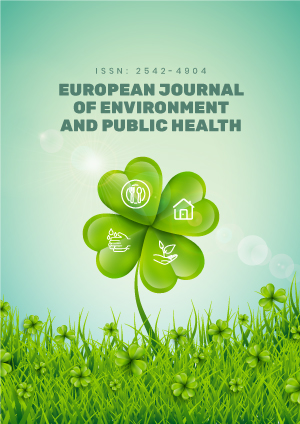Abstract
A mixed method sequential study explored the impact of COVID-19 by gaining an understanding of how the pandemic has impacted individual experiences as well as examining if these experiences existed across a wider population of residents. Previous research suggests that socio-economic factors have exacerbated the adverse impact of the pandemic, therefore this study sought to explore this, as well as attempt to identify what these implications could mean for COVID recovery.
The study was carried out in two phases. In phase one, semi-structured interviews were undertaken with eight participants, transcribed verbatim and an interpretative phenomenological analysis was conducted. Five themes emerged: self-evaluation and reflection, gratitude, uncertainty, social isolation, and lack of faith in the government were identified. In phase two, standardised measures were administered to assess elicited themes via an online questionnaire. Correlation and multiple regression analyses showed a strong relationship between social isolation, gratitude, uncertainty and HRQoL, with social isolated being a significant predictor.
Despite the limitation of a low variance, evidence of a strong correlation amongst disabled and low-income participants experiencing higher levels of social isolation was found. Uncertainty and levels of gratitude were also found to be correlated with social isolation and HRQoL. Therefore, addressing social isolation should be a priority for mental health services and should influence any future restrictions that may be implemented in a ‘third wave’ or future pandemic.
Keywords
License
This is an open access article distributed under the Creative Commons Attribution License which permits unrestricted use, distribution, and reproduction in any medium, provided the original work is properly cited.
Article Type: Research Article
EUR J ENV PUBLIC HLT, Volume 6, Issue 1, 2022, Article No: em0099
https://doi.org/10.21601/ejeph/11502
Publication date: 03 Jan 2022
Article Views: 3423
Article Downloads: 2195
Open Access References How to cite this article
 Full Text (PDF)
Full Text (PDF)